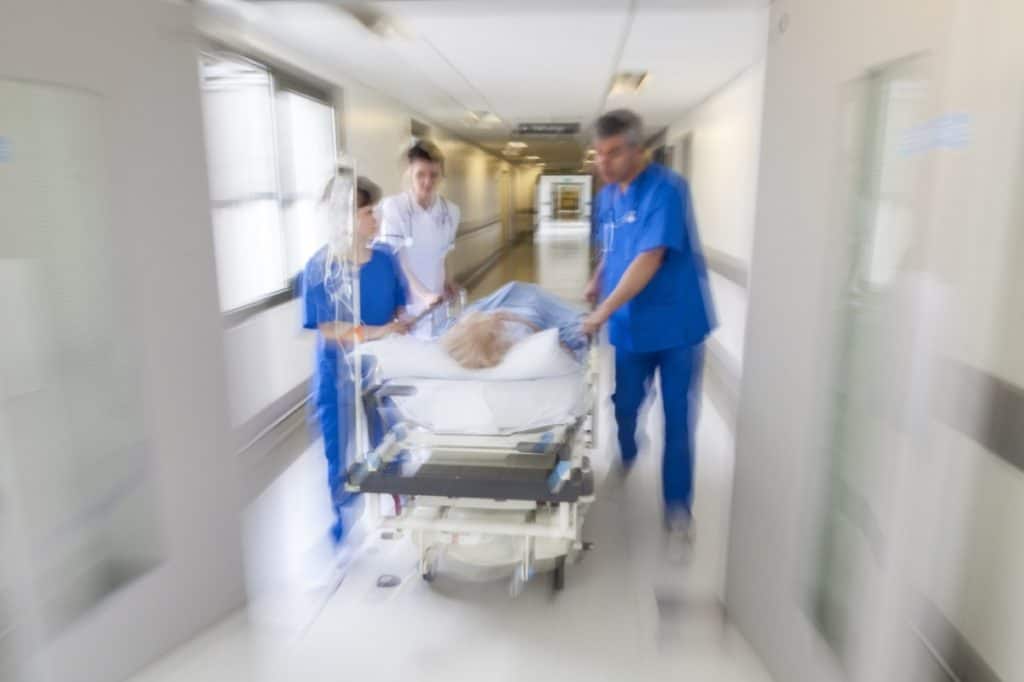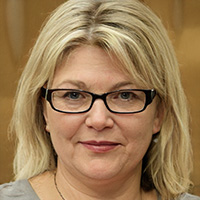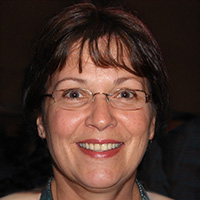Heart arrhythmia. An arrhythmia is a heart rhythm disturbance that may not have any consequences or, on the contrary, may be a sign that something serious could happen to the sufferer. In this article, the Nomenial team explore the symptoms, the types of arrhythmia and when it is a concern.
What is a heart arrhythmia?
In order to answer the question of what an arrhythmia is, we must first focus on the organ in which it occurs: the heart. It suffers an alteration in its rhythm that makes it beat too fast (known as tachycardia), too slow (bradycardia), or irregularly.
Normally, the heart’s rhythm occurs rhythmically and regularly. Therefore, when it is altered, various types of arrhythmias or those known as heart rhythm disorders are produced.
In addition, a heart arrhythmia does not always occur temporarily in the same way. Since punctual arrhythmias (paroxysmal) or other permanent arrhythmias that are of a chronic nature can arise.
Keep in mind that although an arrhythmia may not harm the person, it is a sign that various types of heart problems may be present, or even an imminent danger to the person’s health.
For this reason, it is vitally important to make a correct diagnosis in order to know what type of heart arrhythmia a person has. A cardiologist must be able to give him/her the treatment that best suits his/her condition.
Types of arrhythmias
Doctors classify arrhythmias both by their origin and by the speed of the heart rate at the time they occur.
The types of arrhythmia by speed are
- Tachycardia: Rapid heartbeat in the person and a heart rate of more than 100 beats per minute at rest.
- Bradycardia: The heart beats slowly and the person has less than 60 beats per minute of heart rate at rest.
However, having these symptoms alone may not be indicative of hear disease.
In fact, people when they exercise usually have a faster heartbeat. Depending on the intensity of the activity, so that the heart provides the tissues and organs with more oxygenated blood.
On the other hand, when we sleep and are in a deep phase of relaxation during sleep, it is very normal for our heart to have a slower rhythm.
Arrhythmia, main symptoms
1. Palpitations: these are manifested in the form of irregular, tachycardia, intense or even advanced heartbeats, among others. Basically it is when the person notices an abnormal sensation of the rhythm of the heartbeat.
2. Syncopes: These are produced when the person loses consciousness due to reduced flow in the brain. Syncopes can be caused by other causes than arrhythmias (they can be very serious). If the affected person suffers one, call an ambulence immediately to ask for help.
Other symptoms of heart arrhythmia can also be dizziness and chest pain.
Therefore, it is necessary to visit the doctor as soon as possible to determine what is wrong with the affected person. Diseases that affect the heart must be taken very seriously. It is the most active organ in the human body. If a critical failure occurs the result could be fatal.
When an arrhythmia is a concern
If you’re wondering when a heart arrhythmia is a concern, you must rule out more serious problems. You have to put aside palpitations that have nothing to do with nervousness, anxiety or a situation that has caused the person to be afraid.
However, palpitations that produce loss of consciousness such as syncope, in which the blood supply in the brain may be poor or affected, those that cause tachycardia or those related to lack of heartbeat are very worrying causes.
In addition, in the event that very serious arrhythmias are not treated, the person could die suddenly.
On the other hand, arrhythmias that have a hereditary origin, the less common ones, are also quite serious.
Experts indicate that people who have previously suffered from heart disease are within the risk groups. They must tell their doctor if they are suffering from any type of symptom immediately.
Treating Heart Arrhythmia
Sometimes it is necessary to take a treatment of the cardiac arrhythmia depending on the type that is suffered.
There are different treatments for treating slow and fast heartbeats. These include the implantation of devices, taking medication and surgery, among others.
Our recommendation is that if you or a family member are suffering from any symptom, now that you know better what an arrhythmia is and how it manifests itself, contact your doctor as soon as possible in order to determine why it occurs and the appropriate treatment to follow.







